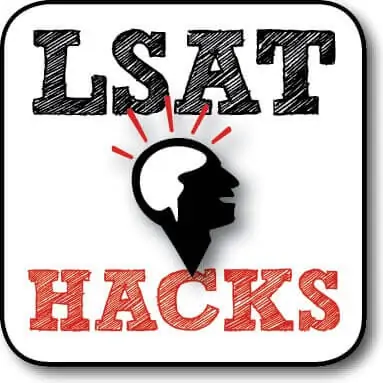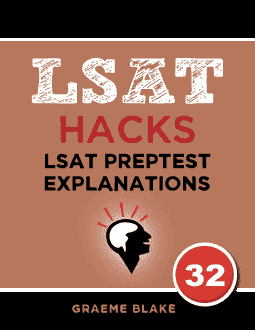QUESTION TEXT: Yuriko: Our city's campaign to persuade parents to have their…
QUESTION TYPE: Method of Reasoning
CONCLUSION: Susan implies that the vaccination campaign wasn’t the cause of the increase in vaccinations.
REASONING: The increase mostly occurred six months before the vaccination campaign started.
Free clinics opened up six months ago. They could explain the increase.
ANALYSIS: Susan makes a good case. The new clinic explains the increase better than the vaccination campaign.
Susan’s method is to propose a new cause that better explains the observed effect (the increase in vaccinations.)
___________
- Susan doesn’t say that vaccinations aren’t important. Susan just believes that Yuriko is mistaken about the effectiveness of the vaccination campaign.
- CORRECT. Susan weakens Yuriko’s claim that the campaign caused the increase in vaccinations. She introduces new evidence.
- Actually, Susan doesn’t think the campaign is effective at all. Susan mentions the six month timeline to show that the major increase occurred before the campaign started.
- Susan probably doesn’t believe this. She acknowledges that there was a 30% increase in vaccinations. There was clearly room for more children to get vaccinated.
- Susan doesn’t talk about vaccination campaigns in general. She restricts her evidence to Yuriko’s particular claim.

Free Logical Reasoning lesson
Get a free sample of the Logical Reasoning Mastery Seminar. Learn tips for solving LR questions


If that’s the case then you should change the explanation above, because it states
“ Susan mentions the six month timeline to show that the major increase occurred before the campaign started.” (Emphasis placed on the word before)
If the campaign had in fact already started, but just hadn’t hit its stride yet, then this isn’t correct.
It’s not really a material difference. If the campaign was 0% started, vs. 2% started, either way it basically hasn’t had a chance to have an impact. The explanation could perhaps be slightly more tightly worded, but this is an example of a distinction which simply doesn’t matter on the LSAT. This objection has *nothing* to do with why answer C is wrong.
Note: This is an old comment but I wanted to clarify the point.
I really find it irksome that the language LSAC used when Susan says “before the vaccination campaign really got going” if what they actually meant was “before the vaccination campaign even started.”
To me, “before the vaccination campaign really got going” means “before the vaccination campaign really hit its stride” — in other words meaning that the vaccination campaign had definitely started, but Susan is claiming that it was like, common knowledge apparently that it was off to a slow start during those early months. Reading it that way makes answer C perfectly make sense though, bc she is saying the campaign was ineffective early on.
In fact, I feel like answer C only even makes sense as a possible trick answer IF you take the idiom “really got going” to mean what, apparantly, they didn’t intend for it to mean. Otherwise what kind of coincidental wrong answer choice is that??
This makes the whole thing irk me even more because they aren’t supposed to be testing you on whether you use the same regional colloquialisms as the writers, rather it’s supposed to be ones ability to logically reason. Why then would they throw in a wrong answer choice that would only appeal to someone whose idiomatic use of English would cause them to read the question meaning something differently, and then throw in a wrong answer choice that only makes sense under the wrong idiomatic meaning of the phrase?
So I actually agree with how you interpreted “really got going”. The idea here is that the vaccination rate hit its peak during that time. But Answer Choice C isn’t great because we have no way to quantify what “a short period of time” is. Reading it as is, you’d take it as the 6 months. But this is the LSAT, so you have to be careful with these abstract descriptions.
Answer Choice B is much better because it does weaken the “force” of Yuriko’s evidence. Yuriko says that the increases took place over 16 months but Susan corrects her and says it’s really only the first 6 months that were most effective. So the “force” of Yuriko’s argument was weakened from 16 months to 6 months.